Yes, some cats have a penchant for laziness. But all cats are naturally inquisitive creatures, and you can bet your cat will be exploring every corner of the house at some point. Unfortunately, many house plants, items, cleaning products, and foods are harmful to cats. It can be difficult, or even impossible, to train a cat no eat things
Therefore, preventing their access to them is important; this can include either keeping dangerous items locked up or not keeping them at home. But first, you need to know what to watch out for. Below is a summary of the eight most common household items that can be toxic to cats.


The 8 Household Items That Are Poisonous to Cats
1. Lilies
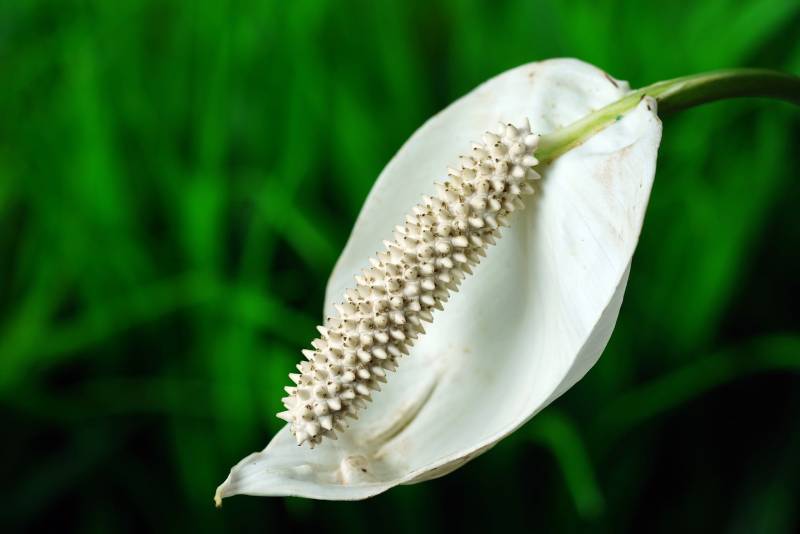
Unfortunately, lily toxicity in cats is quite common. These plants are striking, readily available in many parts of the world, and very popular. However, they are also very dangerous to cats. All parts of the lily, including the stems, leaves, and flowers, are poisonous to cats.
Easter lilies (Lilium longiflorum), Stargazer lilies (Lilium Stargazer hybrid), and Asiatic lilies (Lilium asiaticum) seem to be the most dangerous. The poison in lilies has not been identified, but we do know that it can cause fatal kidney disease. Some cats can recover, but others remain in lifelong kidney failure or even need to be euthanized.
If you have a cat, don’t keep lilies in your house or garden—the risks are too high.
2. Human Medicines
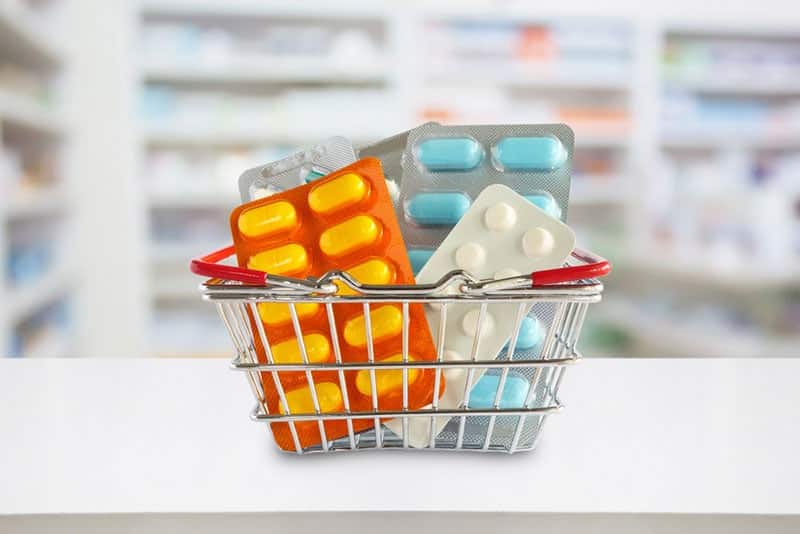
Many drugs used to make people feel better do the opposite in cats. Remember, these medications and drugs are designed for (and studied in) humans. The physiology of cats, as well as their significantly lower body weight, means that they cannot metabolize human drugs. The most common prescription drugs that are harmful to cats are paracetamol (Tylenol), aspirin, and ibuprofen (Advil). These are usually brand names only—many other brands exist.
You may need to keep these pain relief medications at home for your own use, but always keep them in a locked cabinet or cupboard.
3. Car Antifreeze
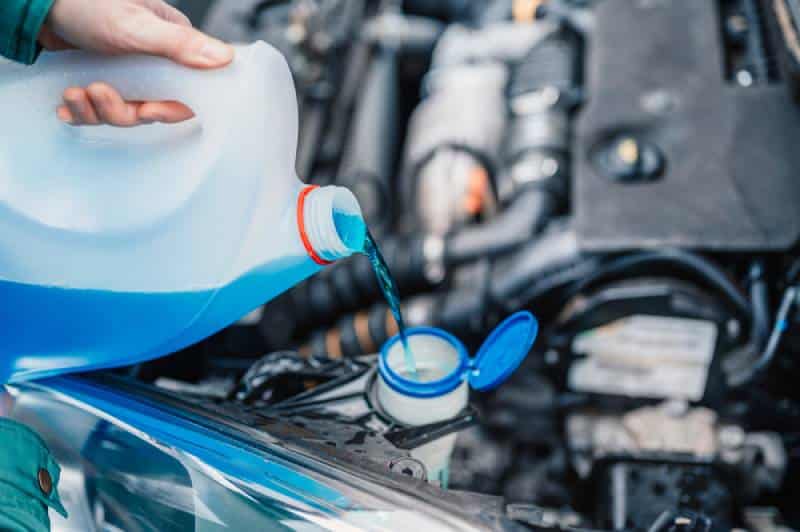
Ethylene glycol is the active ingredient in most automotive antifreeze products. Antifreeze works by stopping the water in your engine’s cooling system from freezing during the winter months. Antifreeze is odorless and has a sweet taste. It’s also very harmful to cats—as little as an eighth of a teaspoon can cause toxicity. At first, cats appear lethargic, disordered, and often vomit—these are signs of being “drunk” since antifreeze is technically a type of alcohol.
Shortly after this, cats appear to be improving, which can trick owners into thinking that everything is okay. Then, 12-24 hours after ingestion, kidney damage begins and irreversible kidney failure can occur.
4. Battery and Magnet
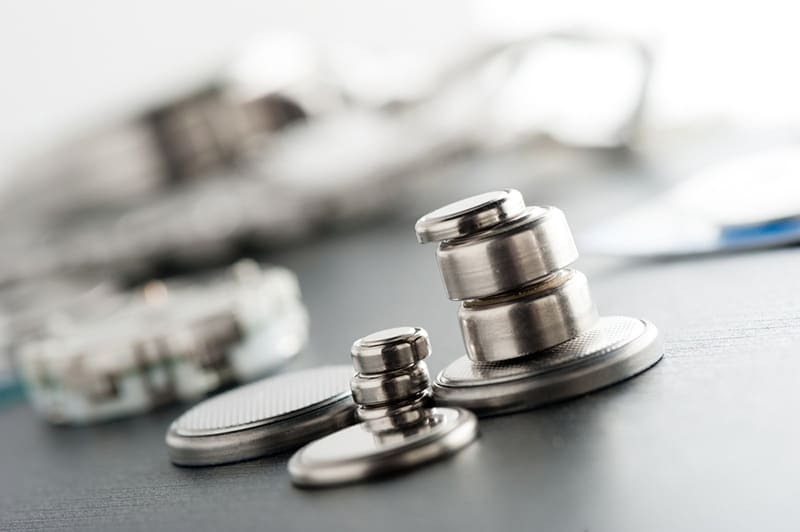
We don’t fully understand why a cat would eat a metal object, but it happens. Button batteries, also known as coin batteries or button cells, can cause problems for cats if they get stuck in the esophagus or stomach. Magnets can also be a problem, especially if two are melted. Why? A magnet sitting in a loop of bowel can attract a magnet elsewhere in the bowel, pulling these loops of bowel. Each magnet will be pressed firmly against the intestinal wall in an effort to stay attached to the other magnet.
This leads to perforation of the intestines; the food then escapes from the intestine and causes a stomach infection, which is life-threatening.
5. Strings and Hair Ties
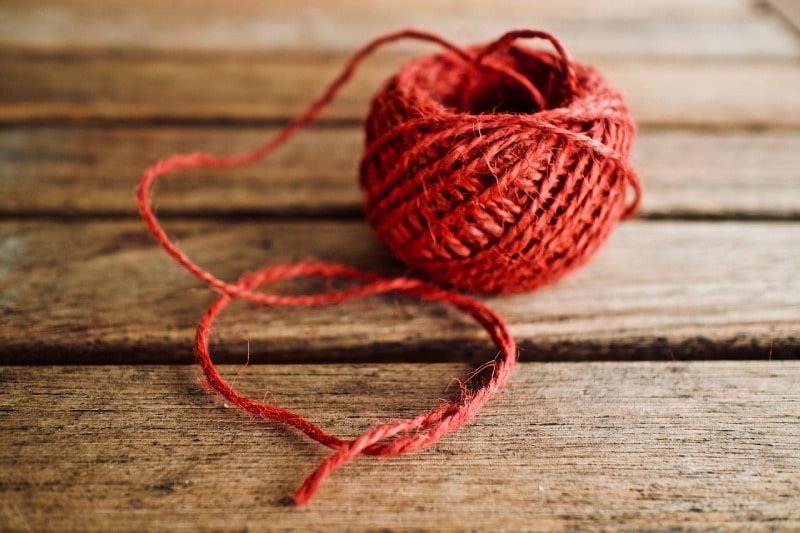
Some textile materials can harm cats. Cats love string because they see it as prey; it gives them a chance to express some of their feline instincts. However, if a cat eats a long enough piece of string, it can act out what veterinarians call a “linear foreign body”. These are long pieces of fabric that get stuck in the digestive tract, causing the intestines to strain as they contract in an effort to pass the material.
Hair ties, on the other hand, are trickier. For reasons unknown, many cats will eat hair ties. These can sit in the stomach and accumulate (if the cat continues to eat them) until they develop a blockage. The pierced string and hair ties must be removed either surgically or endoscopically (camera guided).
6. Food
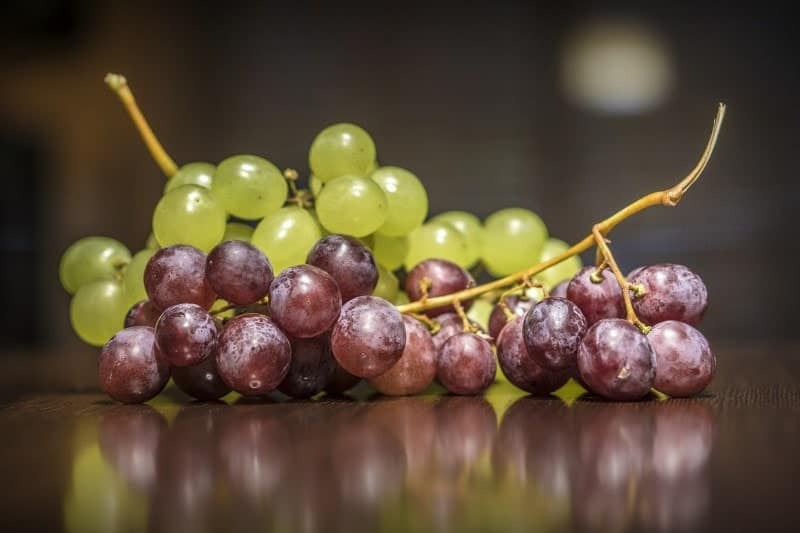
We’re not here to tell you that you can’t have chocolate in your home—just that you should keep it away from your cat. In addition to chocolate, which causes vomiting, diarrhea, heart problems, and seizures, there are other foods that should be kept from your cat. Garlic and onions cause anemia. Grapes and raisins can cause kidney problems. Alcohol, raw eggs, and raw meat should also be avoided.
7. Cleaning products
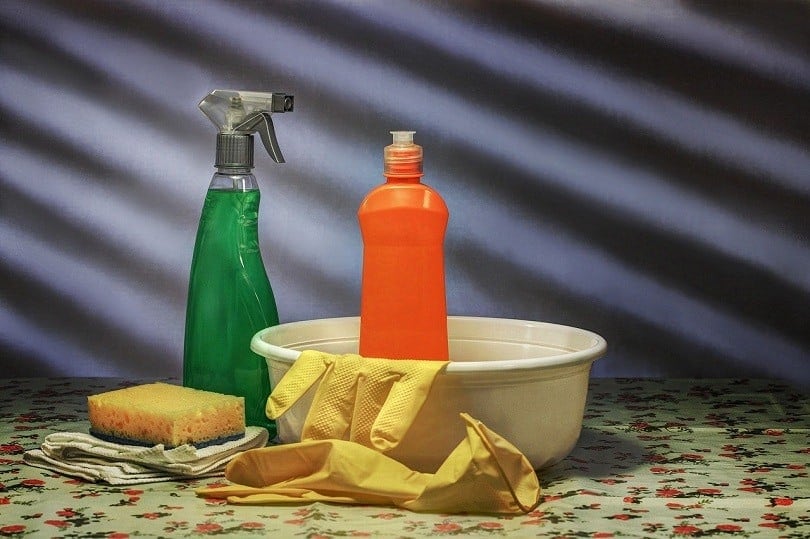
Almost every cleaning product you can think of can be harmful to your cat. These are highly chemical formulas that were not designed with cats in mind. Again, we’re not here to tell you that you can’t clean your house, but you should be careful when you use cleaning products. Bleach, oven cleaner, detergents, mold removal liquids, ammonia-hydroxide—all of these and more can cause a wide range of ailments in your cat if licked or eaten.
If you use these products, be sure to keep your cat covered until the product is completely dry; make sure any spills are cleaned up and the bottles are kept sealed.
8. Rat Bait
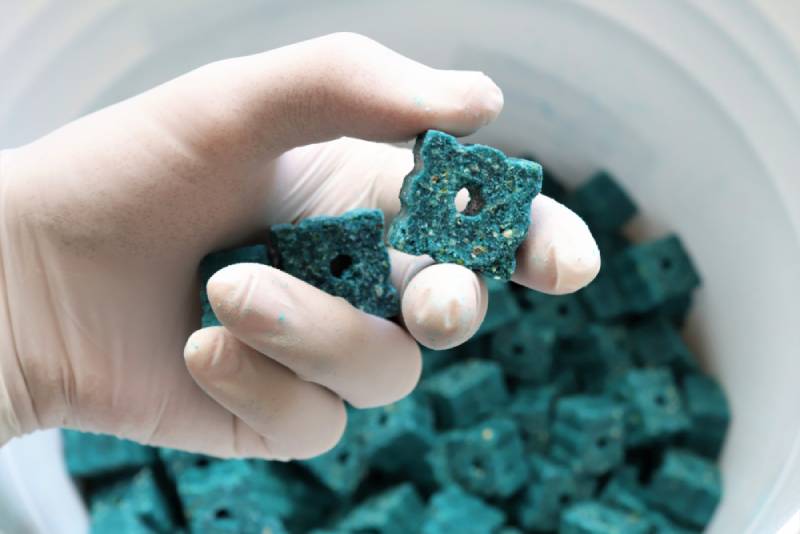
Rat bait, known in the veterinary world as a rodenticide, can cause life-threatening bleeding disorders if ingested by your cat. Rodenticides are designed to kill rodents: the rodent bites the bait and then develops a blood clotting disorder. The problem lies in the fact that rat bait can cause the same clotting disorder in cats.
Most cats have enough reserves of clotting factors to be okay for two days after ingestion, but then, as they begin to bleed (often internally), they show signs of getting worse. If you have a cat (or dog), we recommend using rat traps and repellents instead of baits.


Conclusion
Keeping your cat away from potentially harmful household items can seem like a daunting task. The purpose of the list above is not to instill fear, but to familiarize you with common materials, foods, and items that pose health risks to cats. Some of these, such as medications, magnets, and food, are reasonable to keep at home as a precaution. Others, including lilies and rat bait, should be avoided altogether.
Different things will cause different signs of illness, so if you have any concerns about your cat’s health, don’t hesitate to contact your veterinarian.
Featured Image Credit: New Africa, Shutterstock


